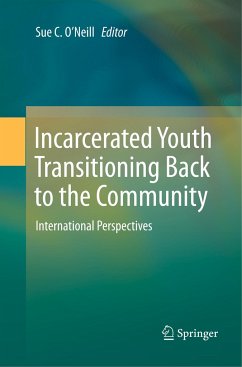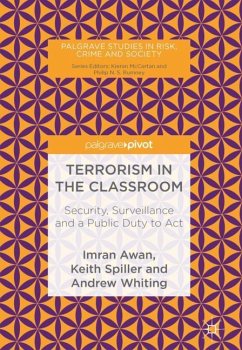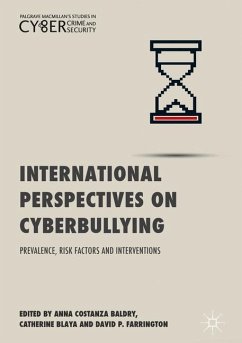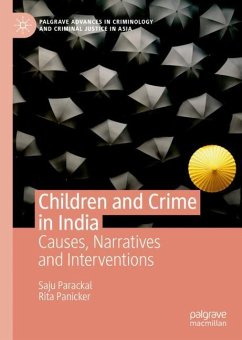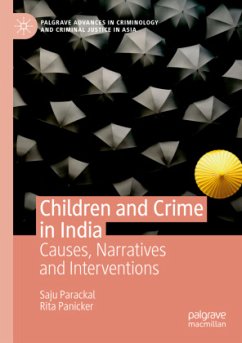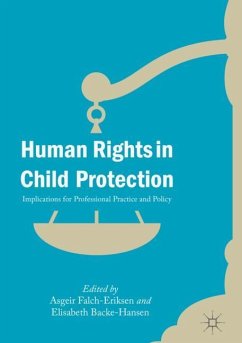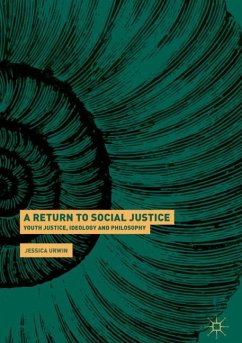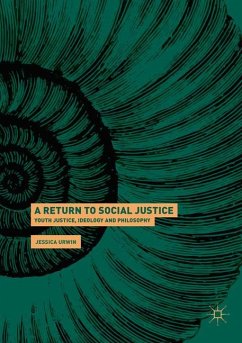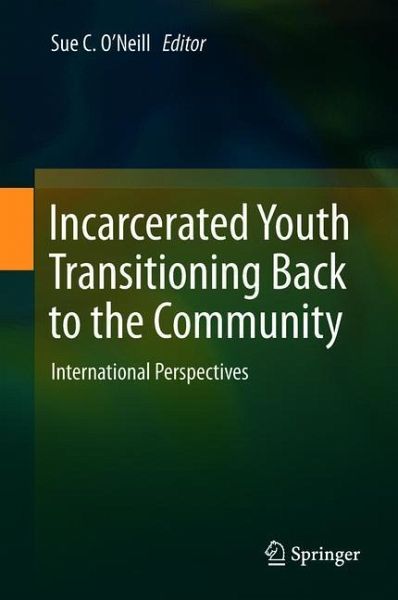
Incarcerated Youth Transitioning Back to the Community
International Perspectives
Herausgegeben: O'Neill, Sue C.

PAYBACK Punkte
38 °P sammeln!
This book offers a broad overview of transition practices for incarcerated youth, shaped by local culture, politics, ideologies, and philosophies. It highlights the similarities and differences in international approaches, as well as promising practices. The book is divided into two sections: Section One presents a synthesis of the current research on essential areas shown to promote successful transitions for incarcerated youth, using the Taxonomy for Transition Programming 2.0 as a cohesive framework, Section Two focuses on national perspectives on topical issues impacting local transition p...
This book offers a broad overview of transition practices for incarcerated youth, shaped by local culture, politics, ideologies, and philosophies. It highlights the similarities and differences in international approaches, as well as promising practices. The book is divided into two sections: Section One presents a synthesis of the current research on essential areas shown to promote successful transitions for incarcerated youth, using the Taxonomy for Transition Programming 2.0 as a cohesive framework, Section Two focuses on national perspectives on topical issues impacting local transition practices and/or policy. It provides information pertaining to the respective countries and a summary of key facets of their juvenile justice system, including successful or promising approaches and programs used in transition. This book benefits academics and researchers from a broad range of fields, policy makers and leadership teams from various agencies, associations, and government departments with an interest in juvenile and youth justice, social work, and special education courses on transition planning.





